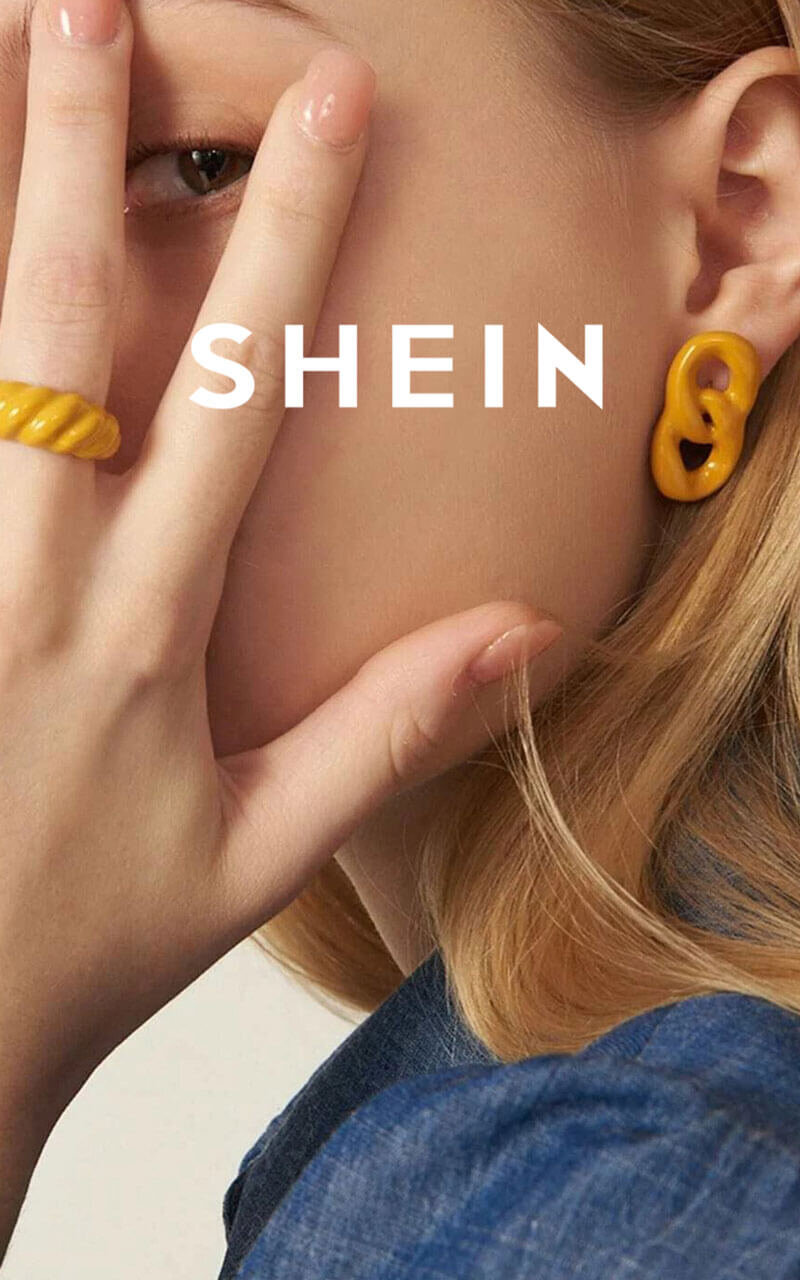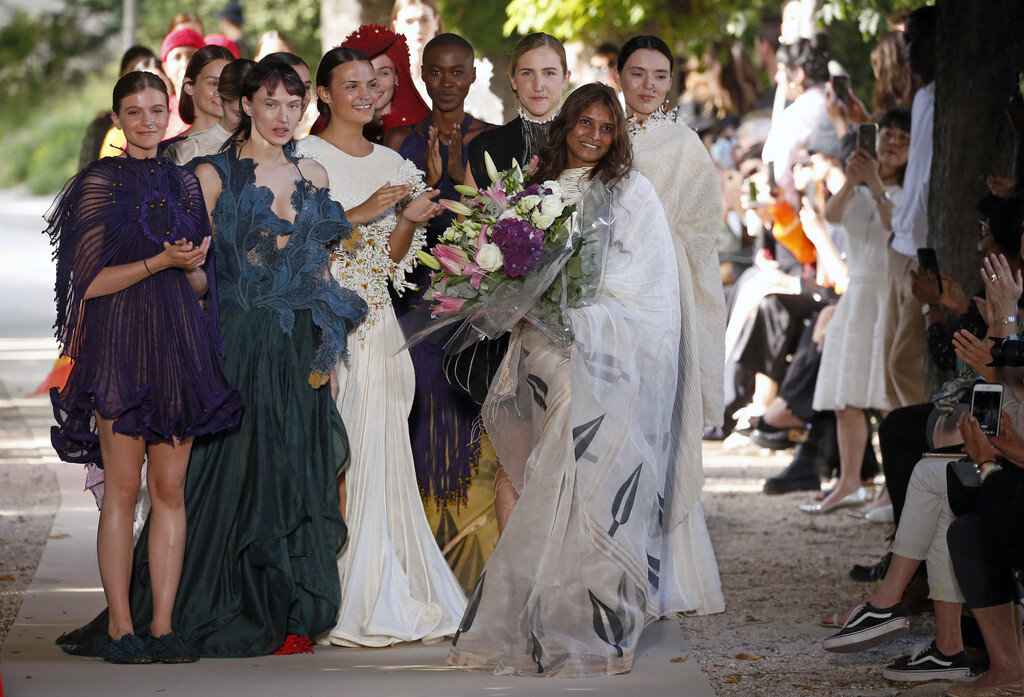Acne Studios and the Musubi Bag: Why Intimate Marketing Works
Along the streets of major capitals around the world, you may have noticed an array of different adverts consisting of nude masculine presenting bodies balancing a bag in several different colours and motifs. You probably looked out of pure fascination or grimace, highlighting the disparity between just how far we have come since we last saw physical adverts that can alert the eye so easily. Maybe you only noticed the bodies, their different complexions, only to realise apon second reflection that there was actually a bag with them. Maybe you looked away immediately, not understanding why bodies have such powerful influence on how we present and facilitate sensual-presenting energy, leading to many (like those in New York) graffiti’ing the adverts to cover the bottoms of the models: “I have passed by this multiple times and it’s frustrating because that’s not something people need to be looking at when walking by. Just put a poster up about your bags or whatever you are trying to do. It doesn’t need to be a whole thing.” As you can see, it has caused quite a stir. Regardless, Acne Studios has created a marketing campaign for their new Musubi Bags and its here to be discussed.
Sensuality has always been utilised in the fashion industry to compare the human experience with garments. In more-modern advertisements, we have seen nudity and sex used as a way of integrating consumerism with the need to explore identities, mainly as a catalyst towards the animalistic personas we become when overcome by emotions and raw attraction. These items supposedly, being perfumes [see article here regarding sexual perfume adverts in the 90s, where we explore them more in-detail] or skincare products during the 90s usually centred around the male gaze, with women playing transformed characters that compliment their near ‘perfect’ bodies and ‘need’ for male satisfaction, subsequently objectifying themselves and modifying the advert from a soft-pornographic detour away from the original product being sold. Even though the 90s was the peak for many highly-sexual ads from the likes of Yves Saint Laurent, Tom Ford and Calvin Klein, the sexual provocative imagery produced during those times were interpreted in many different ways, giving recognition to many fashion consumers that the usage of sensuality needed to be meticulous and niche in its understanding. To put simply, many adverts were being created for arousal rather than actual consumerism of a product, and needed to be changed drastically. Fashion products have always been closely connected with our bodies and a sense of self, both physically and emotionally, but it shouldn’t be those items that change our personalities to ridiculously fit a male-dominanted ideology from a two-minute advertisement.
Even though Acne Studios plays into sexuality as a key component of the ‘Musubi Bag’ adverts, the way it is very specifically utilized puts a spin on our understanding of nude adverts in conjunction to our sentiment towards modern sensuality. Collaborating with American artist Talia Chetrit, the Swedish founder of Acne Jonny Johansson has curated a series of adverts dedicated to the ‘figurative’ qualities of the bags, using masculinity to showcase how it compliments intimacy, delicacy and sexuality. In a way, these adverts each have their own personality relating to the models in the shoot, showcasing the bags versatility on various bodies. Talia Chetrit is known to work in a very personal way with their models.
Done using film, these adverts polarise the viewer in showcasing the heavily defined lines of the human body and its smoothness of the Musubi bag. As a homage towards the push towards a less gendered gaze on fashion, this campaign has been designed to deconstruct how we view sexualised content from adverts. The double standards curated by the continued exposure of naked women in comparison to naked men has consistently been of large, with many viewing the male bodies in this campaign as pornographic while sexualised womens adverts being ‘apart of life’. The need to deconstruct those motifs and re-imagine sensuality makes Acne Studios stick out as a fundamental fashion brand pushing boundaries while putting fashion first. These adverts lack the important key areas of a humans identity, that being the face, genitals or hair, making this campaign a tool in how we critique the gazes we put on bodies and fashion. In a way, these nude photos lack of the exposure or embarrassment felt by the models as there is no way of locating who they are; its the mystery of who they are that draw us in and keep us looking. The only thing that we can locate and put a name on is the Musubi bag - a successful way of encrypting a bag into the analysis of such a relatable consensus; bodies.
The Musubi bag, inspired by the traditional Japanese obi sash, comes in four sizes: maxi, midi, mini and micro. So far, the image series has launched as outdoor print activation across New York, Los Angeles, Miami, London, Milan and Berlin. Due to the success of the campaign, Acne Studio has also debuted a special installation inside its Stockholm headquarters at Floragatan 13, where the images are displayed on the facade as well as the interior. [according to hypebae]
Check the campaign out here for more information.





In the wake of England’s UEFA loss against Italy, and the racist attacks on players that followed, MATERIAL reconsiders the history of the ‘three lions’ and its problematic connotations.